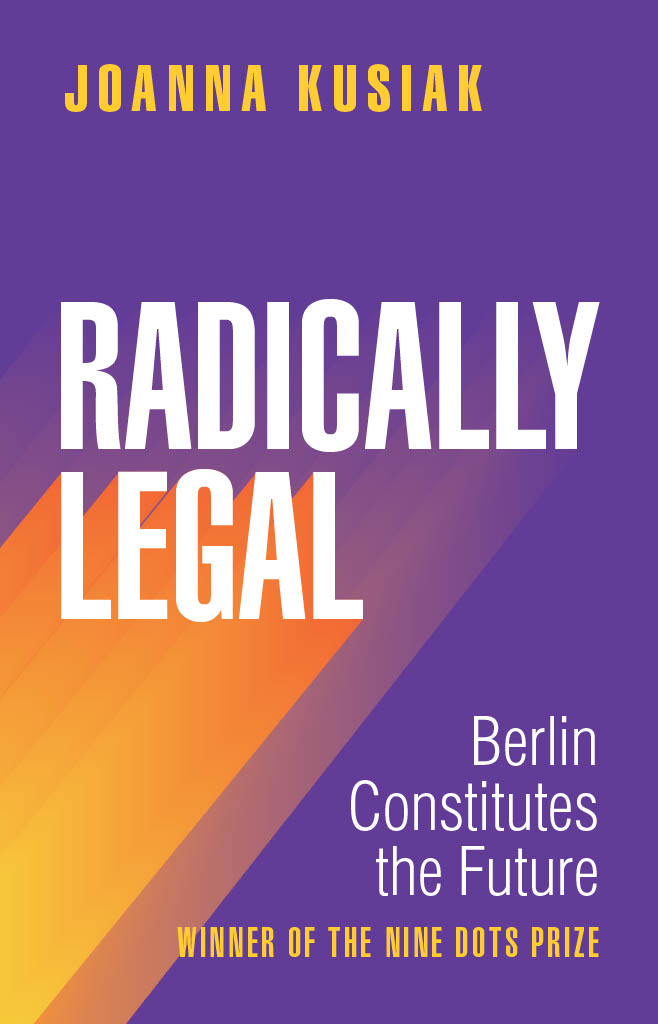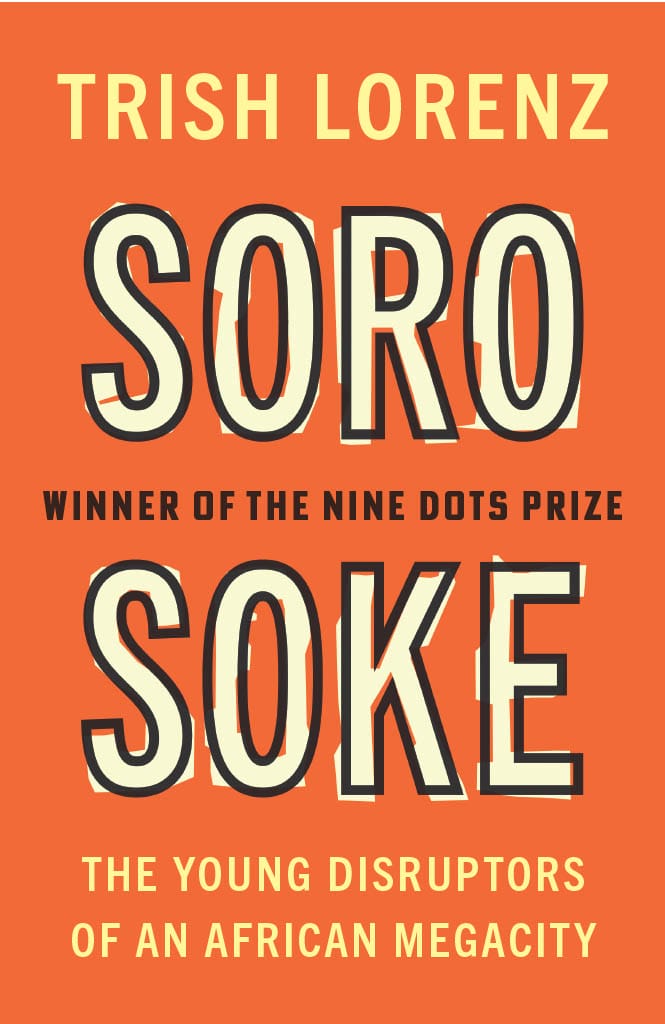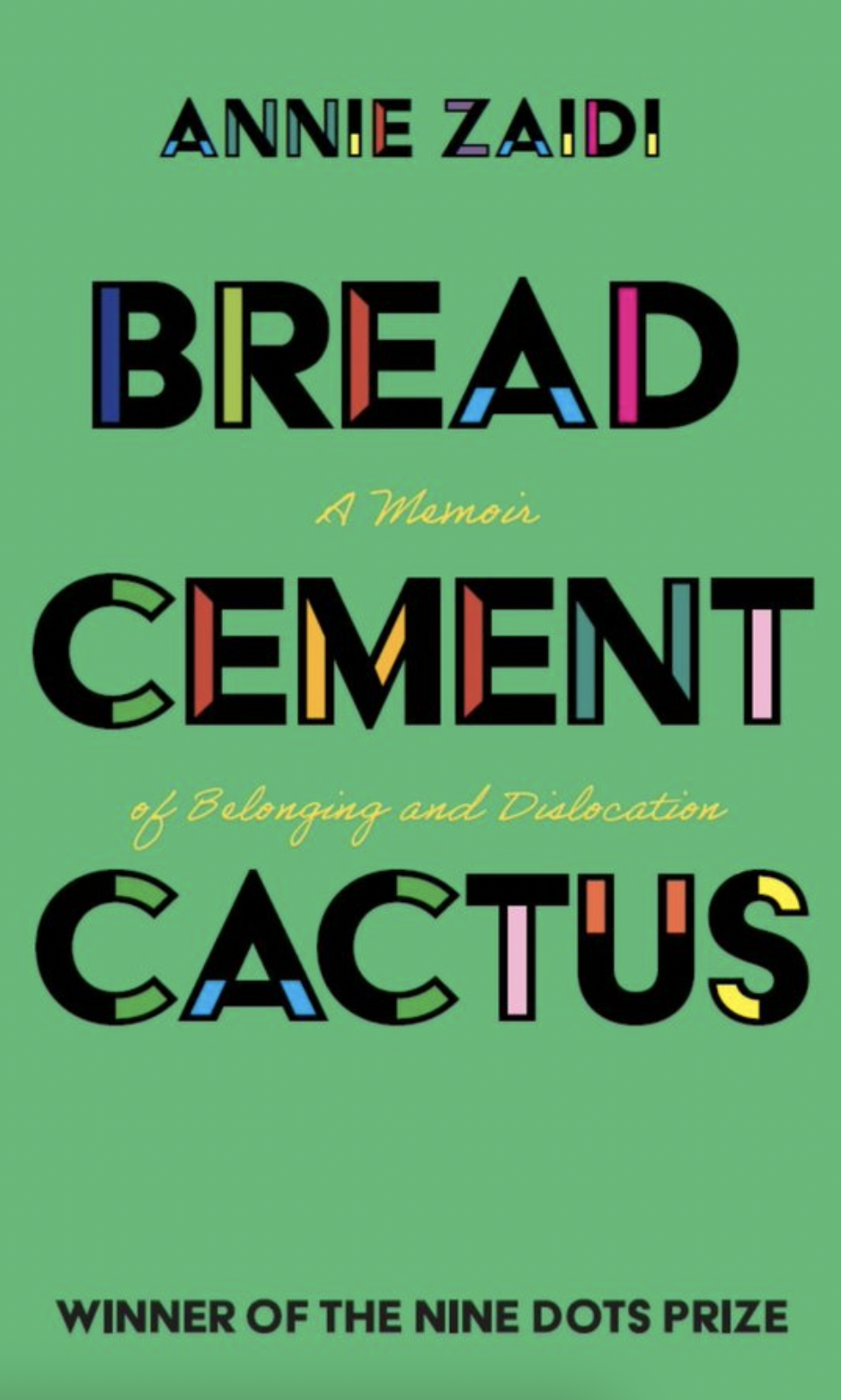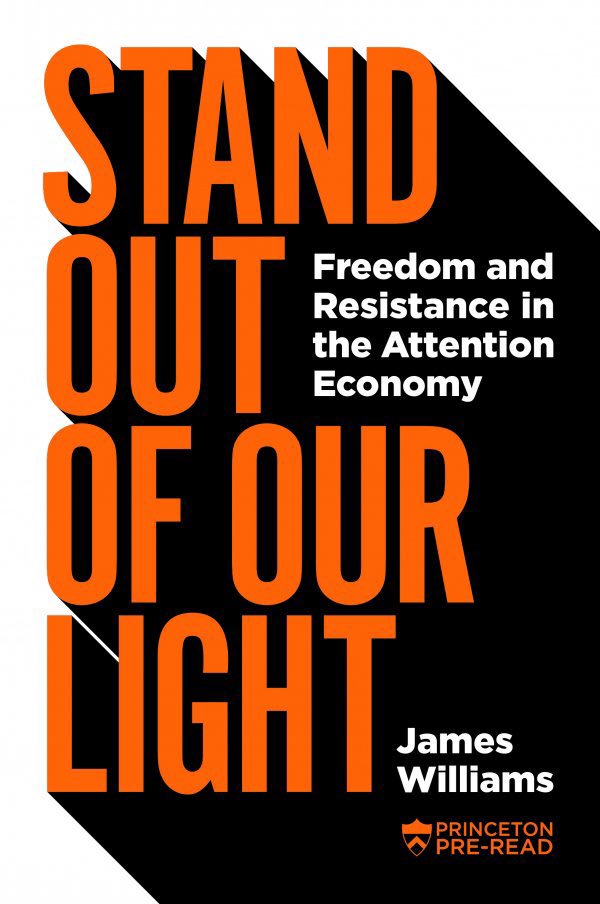Tips for writing a book proposal
7 December, 2020
We recognise that for many people considering entering the Nine Dots Prize it will be the first time they have ever thought about writing a book proposal. So here are some helpful tips from Chris Harrison, Publishing Director at Cambridge University Press:
Focus on your big idea
The judges for the prize do not see any of your biographical details and will not be distracted by who you are, where you come from or what your qualifications are. So you have the chance to grab their attention by the force of your big idea. State as powerfully and as succinctly as you can at the start of your entry what the big idea behind your proposal is.
Having said what the big idea is, let the judges know why you think it is original and important and why it matters.
Think about your target audience
Who are you expecting to read your book? What level of knowledge do you assume they have? What do you hope they will learn from your book?
Think about the structure of the book you plan to write
You will have a strict word limit of 40,000 words – that works out at about 140-150 printed pages. How are you going to use these words most effectively? You will need to break down your book into sections or chapters. There are no hard and fast rules about how many chapters to have but you should probably reckon on needing 3-5,000 words for a chapter if you want to say something substantial. So you will probably need to think about how your big idea breaks down into 5- 10 headings which you can use to structure the book.
When you have worked out your chapter headings, try and flesh them out with a few paragraphs to give judges a good idea of what you intend to write about.
Think about how you can make your proposal sound interesting and impactful
The Nine Dots Prize rewards work that is grounded in facts and research, but which is presented in a lively, engaging, personal way. Think about how you can combine personal insights and interesting anecdotes with the broader, fact- and research-based coverage as these will help bring your subject alive and make it seem relevant to readers.
Take care with your English
The judges will be looking at many hundreds of proposals, so make sure that your writing is as clear and engaging as possible. Make sure there are no spelling mistakes and take care with the punctuation. You want the judges to focus on your great ideas and not be distracted by annoying errors in your writing.
Good luck!



